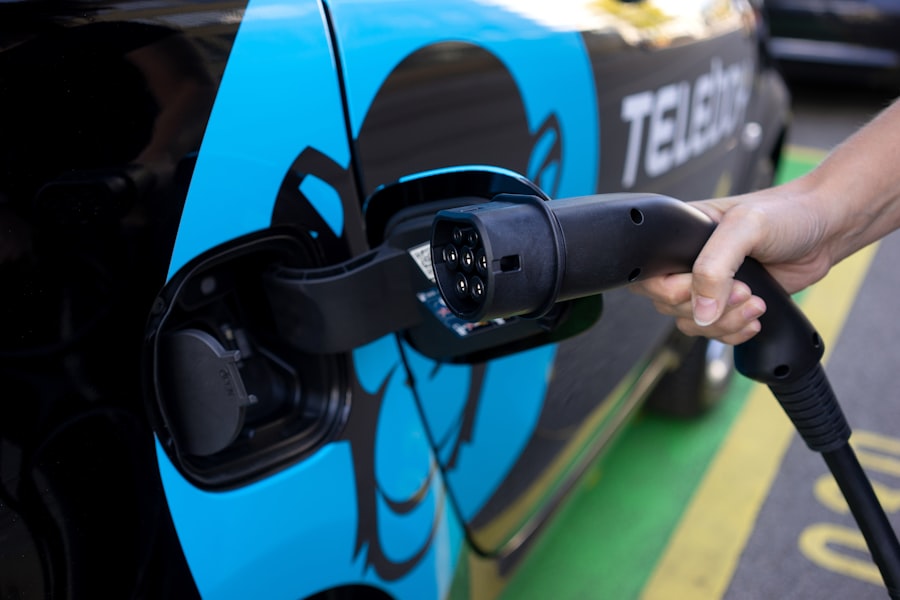
Hamburg Leads the Way in Emission-Free Taxis to Combat Climate Change
Hamburg is the first German state to announce that it will no longer allow combustion engine taxis from 2025. This move is expected to save 25,000 tons of CO2 annually and help in the fight against climate change. Currently, 12% of Hamburg’s taxis are electric or hydrogen-powered, and the city has already begun its project „Zukunftstaxi“ to promote the transition to locally emission-free taxis. The initiative has been well received by both business owners and passengers, with 80% of available emission-free taxis in Hamburg now being handled by FREE NOW.
Climate Change: A Growing Global Concern
Climate change is an increasingly pressing issue that affects the entire planet. The global climate is changing due to human activities, such as burning fossil fuels and deforestation, which emit large amounts of carbon dioxide into the atmosphere. This has caused rising global temperatures, melting glaciers, rising sea levels, and extreme weather events. Climate change is a complex problem with far-reaching consequences for people around the world. Governments, businesses, and individuals must work together to reduce emissions and mitigate the effects of climate change.You might also like this article: This is the title of test post. Picture source: Shaun Dakin





